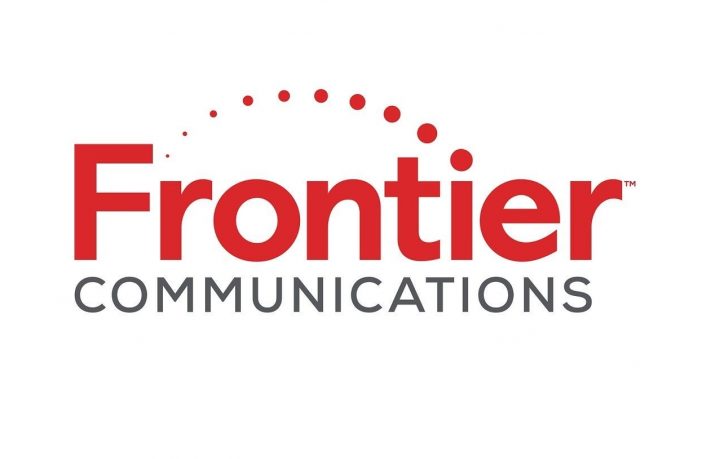Frontier Communications – stock continue to rise, but the company has gone into loss
After the publication of last year’s report, Frontier Communications’ stock rose in value by 15%. The company was able to recover its losses slightly – by 80%, but the problems are still far from being resolved. During the fourth quarter of 2018, the U.S.-based cellular and Internet communications provider pulled up its financials in a good way. And while it posted a loss of $220 million in the last 3 months, that’s a 49% decrease from summer 2018, and an 80% decrease from the fourth quarter of 2017. Following the company’s report release, Frontier Communications shares were up 15%.
Based on the past year’s results, Frontier Communications securities have proven to be a very poor investment. The same can be said for the company’s position in January: the operator’s stock was down 16% in early 2019. Now, however, the numbers have risen slightly, and the company has rebounded slightly in the market.
What Frontier Communications’ performance tells us: stock and charts
The company’s loss in the last 3 months of 2018 was due to a $240 million drop in the operator’s goodwill, as explained in Frontier.
The general director of the company noted that he was very pleased with the results of the 4th quarter of last year, as they reflect the improvement of the provider’s position, the results of the changes made. Solid results in the customer segment and correct cost allocation to the company contributed to the increase of adjusted EBITDA, compared to the previous period. The President hopes to achieve even more progress and expansion in the next two years.

EBITDA jumped to $895, up $18 from the previous quarter. Free cash flow was $358, up almost 5% from 2017. In the last 3 months of 2018, the same figure was $43. The average revenue per client is also up, about $4, to $88.37 USD.
On the other hand, revenue fell 4.2%, compared to the same period in 2017. It was $1.12 billion. Compared to the previous 3 months, it remained in place. The fact that the consumer segment grew by 2% was offset by declines in other areas, so it’s still a bit early to talk about a significant improvement.
The company got into this unenviable position because of accumulated debts, incurred also due to the purchase of Verizon 3 years ago for 10 billion dollars. In 2018, the company’s plans were also interfered with by weather conditions – the U.S. experienced Hurricane Florence, which severely damaged the infrastructure.
Because of the situation, the company has consistently performed poorly, for the last 8 quarters since 2017. EBITDA has also been negative all this time. Last year the share price fell by 65%. Now the situation is gradually recovering: although the company is suffering losses, at least its financial indicators are not getting worse.




